Businesses are constantly seeking ways to enhance their operations and stay ahead of the competition. Artificial Intelligence (AI) has emerged as a game-changer, offering unprecedented opportunities for efficiency improvement across various sectors. This blog post delves into real-world success stories of businesses that have harnessed AI to streamline their processes, reduce costs, and improve overall productivity.
AI Simplifies Tasks
Automating routine tasks with AI saves time and resources.
Data-Driven Decisions
AI analytics empower businesses with actionable insights.
Automating Administrative Tasks
The automation of administrative tasks stands as a cornerstone of AI’s efficiency in the business world. By deploying AI solutions, companies are now streamlining processes that were once time-consuming and prone to human error. AI technologies, such as natural language processing and machine learning algorithms, are at the forefront of managing emails, scheduling appointments, and even conducting preliminary data analysis. This shift not only optimizes workforce allocation but also enhances operational speed and accuracy, enabling staff to dedicate more time to strategic and creative tasks.
Enhancing Customer Service
AI has revolutionized customer service by introducing chatbots and virtual assistants capable of offering immediate, 24/7 support to users worldwide. Unlike traditional customer service models that rely heavily on human labor, AI-driven systems can handle an infinite number of inquiries simultaneously, ensuring no customer is left waiting. These AI solutions learn from each interaction, continuously improving their response quality and personalizing communication to meet each customer’s specific needs, thereby significantly boosting customer satisfaction and loyalty.
Optimizing Supply Chains
In supply chain management, AI is a game-changer. Through the analysis of complex datasets, AI provides unprecedented insights into supply and demand dynamics, enabling businesses to optimize their inventory levels and reduce waste. Predictive analytics, a key AI feature, forecasts potential disruptions and market trends, allowing companies to adjust their strategies proactively. This not only ensures the smooth operation of supply chains but also contributes to a more resilient business model that can withstand unexpected market shifts.
Personalizing Marketing Efforts
The power of AI to analyze vast amounts of consumer data has opened new avenues for personalized marketing. By understanding individual customer preferences and behaviors, AI-driven platforms can tailor marketing messages and product recommendations with remarkable precision. This level of personalization was once beyond the reach of small to medium-sized businesses, but AI has made it accessible, enabling them to compete with larger corporations by offering highly targeted and effective marketing campaigns that resonate with their audience and drive conversions.
Innovating Product Development
AI’s role in product development is increasingly significant, offering tools that streamline the design process, predict market success, and gather real-time feedback from users. AI algorithms can sift through social media, reviews, and other sources of consumer feedback to identify trends and preferences, informing the development of products that meet the market’s current demands. Moreover, AI can simulate the performance of new products in various scenarios, reducing the need for physical prototypes and speeding up the innovation cycle.
The integration of AI into business operations isn’t just a futuristic concept—it’s a current reality that’s driving significant efficiency improvements and competitive advantages. These real-world success stories illustrate just a fraction of AI’s potential to revolutionize how we do business. Whether it’s through automating routine tasks, personalizing customer interactions, or enhancing decision-making processes, AI is undoubtedly paving the way for a more efficient, innovative business landscape. We’d love to hear your thoughts or experiences with AI in your business operations. Have you seen similar success, or are you considering integrating AI solutions?






